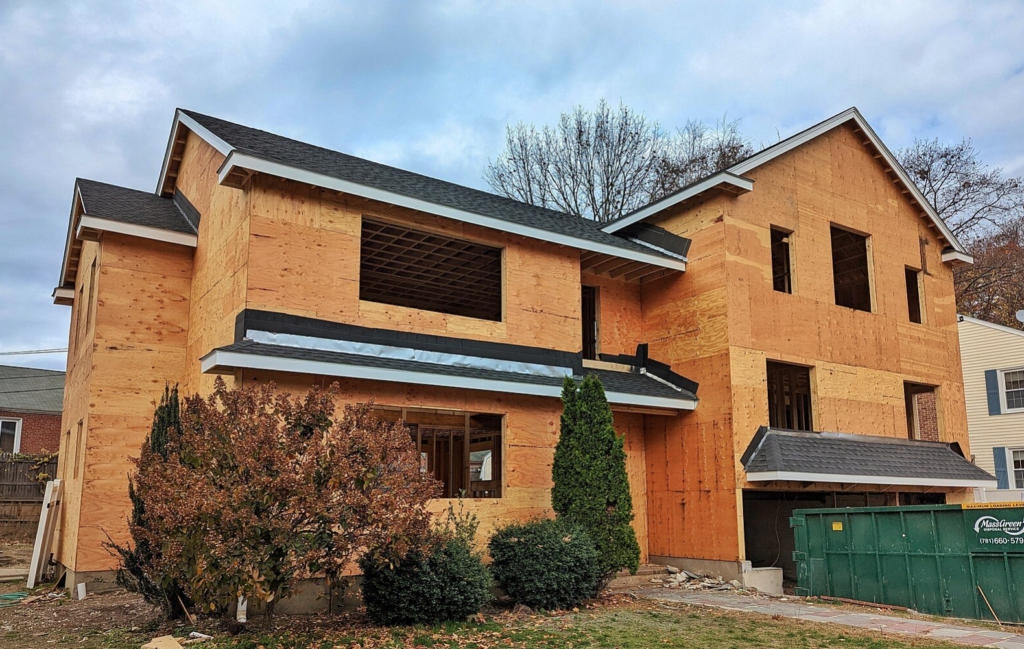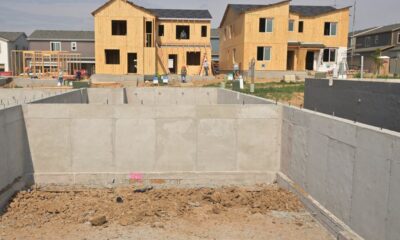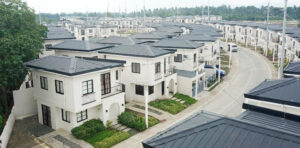Finance
How should we make housing more affordable?

The OC register reports that a California judge has struck down a new law allowing as many as four units on one lot:
“The Legislature finds and declares that ensuring access to affordable housing is a matter of statewide concern and not a municipal matter,” states SB 9. “Therefore… (this law applies) to all cities, including charter cities.”
But the law does nothing to guarantee more affordable housing, Kin wrote. At the same time, he rejected the state’s argument that SB 9 promotes housing affordability at lower income levels by increasing the overall housing supply.
“Affordable” refers to housing below market price,” Kin wrote. The state provided “no evidence to support the claim that the uplift authorized by SB 9 would result in an increase in the supply of below-market housing.”
Redondo Beach City Attorney Michael Webb praised Kin’s ruling, saying SB 9 amounts to a “kind of trickle-down economics applied to zoning.”
In fact, the best way to provide affordable housing is to build more of it priceless housing. And contrary to Michael Webb’s claims, housing is a textbook example of trickle-down economics in action.
Consider the following analogy. Let’s say you’re concerned about the high prices of used cars. Low-wage workers struggle to afford the few used cars available on the market. Would you suggest that the car companies start building some crappy junkers that sell for $5,000? Obviously not. The optimal solution would be to build more ‘unaffordable’ new cars. The affluent people who buy these new cars would then sell their old cars, which would put downward pressure on the price of used cars. Ultimately, the benefits would ‘trickle down’ to those who cannot afford new cars. Not only does trickle-down economics work, it’s also key to understanding key markets like automotive and housing.
In any progressive society, new homes should be better than existing homes. That means new homes will be “unaffordable” for the average buyer of homes of that size. Fine. Thus, living standards improve over time. If new houses weren’t more expensive than existing houses, we’d all still be living in log cabins.
Judge Kin doesn’t seem to understand the laws of supply and demand. He talks about building homes at prices below “market rates” when the whole point of the policy is to make housing more affordable lowering the market price of housing. Build more townhouses and the benefits will trickle down to the working class.
I don’t even like the phrase “trickle down” because it suggests the process is slow. The benefits of housing will flow down to the bottom of the market.
P.S. The judge’s ruling applies to the state’s 121 “charter cities,” but not to the much larger number of “general law” cities that do not have a charter.











